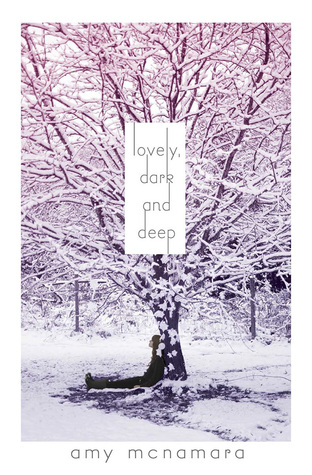"Is not general incivility the very essence of love?"Ha! My reading of Pride and Prejudice continues apace. I remain occasionally surprised by how little I remember of the book (and how many of my "memories of the book" are really memories of movies and various adaptations, among them Bridget Jones' Diary and the Lizzie Bennet Diaries). Lizzie is rather crueler than I remember, as is Mr. Bennet (I still like them. And I still identify with their general misanthropy).
So, once again, I am moving. The last time I moved (only a year ago), I thought a lot about the trials and tribulations of moving a sizable library (really, mine never seems particularly large until the time comes to pack it up) and considered the possibility of writing about particular sections of said library (which, of course, I never did - maybe this time). This year, the packing up of my books went smoothly, and I'm hopeful that between the elevator and the two-wheeler I plan on employing, the moving won't be so difficult. Actually, packing boxes has mostly led my thoughts back to Consider the Fork and Wilson's final chapter about kitchens. She talked about the age of kitchens and suggested that a showplace kitchen, where everything is the same age, is kind of dishonest. Anyway, as I packed up my own cobbled together kitchen, I kept coming back to that and to the memories that various pieces brought back.
My own kitchen is a hodgepodge of cheap stuff I've purchased on my own, things I've stolen from my parents, and things I inherited (mostly from my grandma Mabel and my mom's friend Chris, after they passed away). I can't use these things without being reminded of their former owners. The kitchen scale, still in its original box, was pulled from Mabel's kitchen, as was the set of Pyrex bowls (harvest orange, with stalks of wheat), and a full set of silverware (there was a second set that wound up in my sister's kitchen). Pots and pans, an adorably tiny whisk, an equally adorable biscuit cutter, a nut grinder, and a motley collection of lovely china tea cups all came from her as well. When I use these, I think about my grandma's peerless donuts and lefse and flatbread, about weekends at my grandparents' farm and the bedroom I shared with my sister there. I think about one of my earliest memories - spending some days there during beet harvest, when my dad drove a beet truck, and going out to ride with him, carrying a peanut butter and honey sandwich made for me by my grandma. From Chris, a set of wood salad spoons with elephants on the handle, a white tray rimmed with sea shells, and a mug with a tuxedo on it. When I use these things, I think about the Christmas Eves we spent with Chris and Tom and their cats and the summer nights we spent at their lake place. My kitchen seems paltry - I have no KitchenAid mixer, no Le Creuset dutch ovens - but it is rich in history. I'm grateful to Wilson for reminding me of this.

